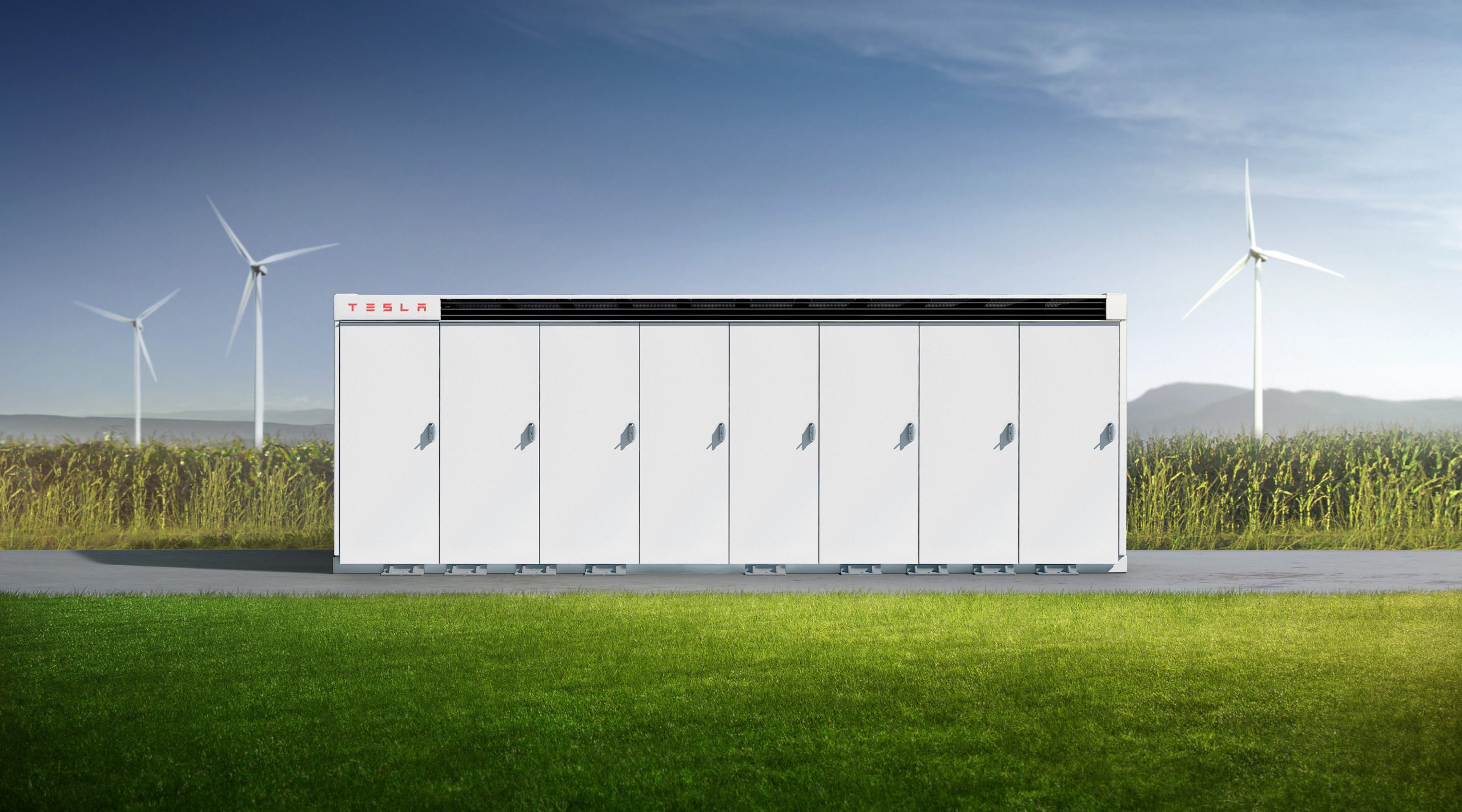mspohr
Well-Known Member
US Pipelines Contain 4 Years Of US Steel Demand, & Will Be Scrapped For It - CleanTechnica
We've mined enormous amounts of iron and coal in order to build infrastructure for fossil fuels, and we're going to scrap it for new green steel.
 cleantechnica.com
cleantechnica.com
With peak oil demand arriving between 2025 and 2030 and peak natural gas around 2035, lots more scrap steel will become available, including the 3 million miles of US pipeline, and 40% of deepwater ships that carry bulk coal, oil, and gas. The US already gets 70% of its steel from scrap via electric steel minimills, and that will spread globally to a much greater extent. The 15% of bulk deep water shipping that is raw iron ore will diminish a lot due to that and higher shipping fuel costs leading to more local processing. Lots more reduction with direct electricity or hydrogen locally to where the ore is mined, HBI or steel ingots containerized instead.
But as teased in the title, there’s a data point worth calling out, the steel available for scrap in just US pipelines. With peak oil demand coming this decade and peak natural gas next decade, over the next 40 years most of the world’s pipelines will be turning into easily accessible, easily mined scrap steel running along the surface, waiting to be scooped up, cut up, and shoved into electric steel minimills



